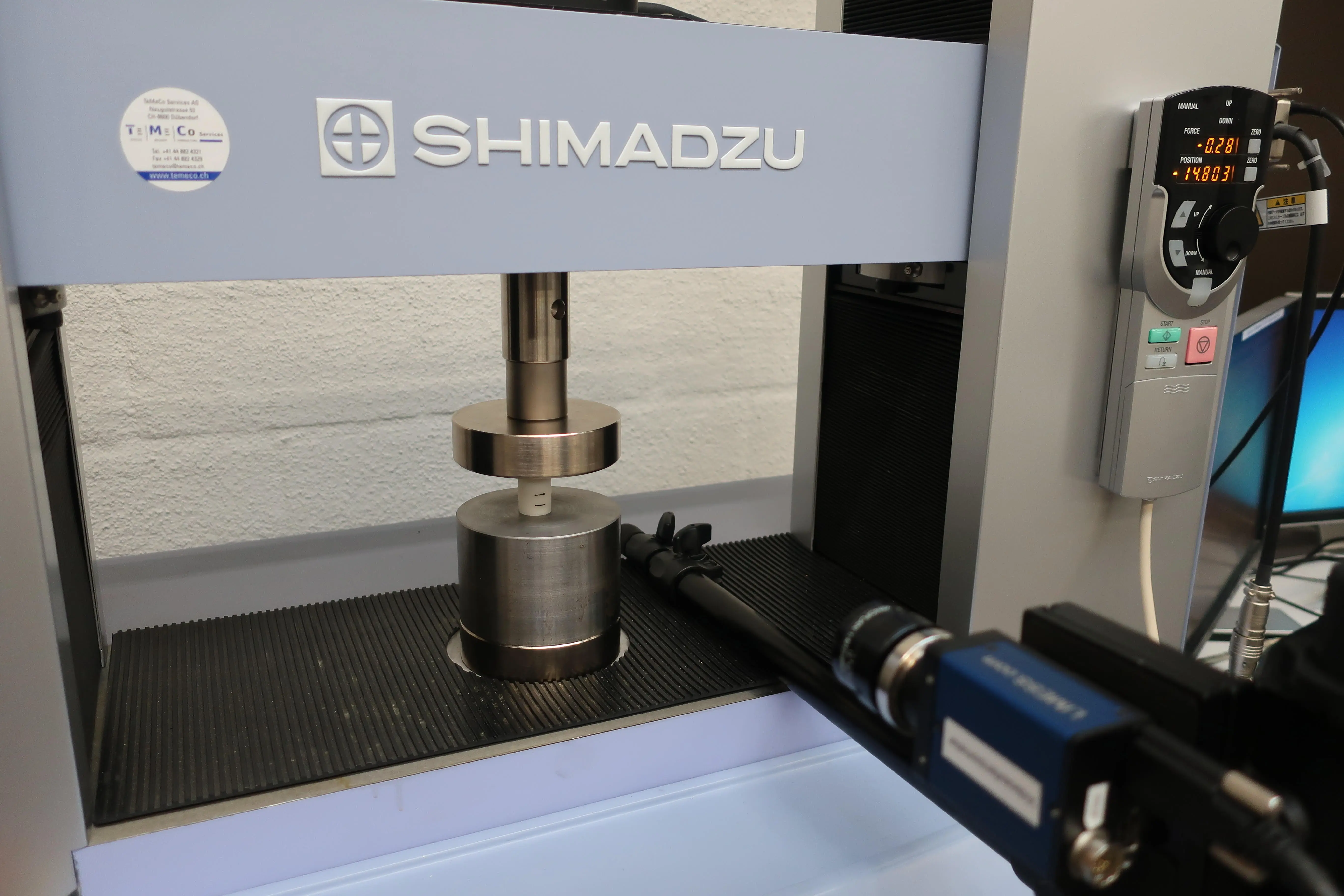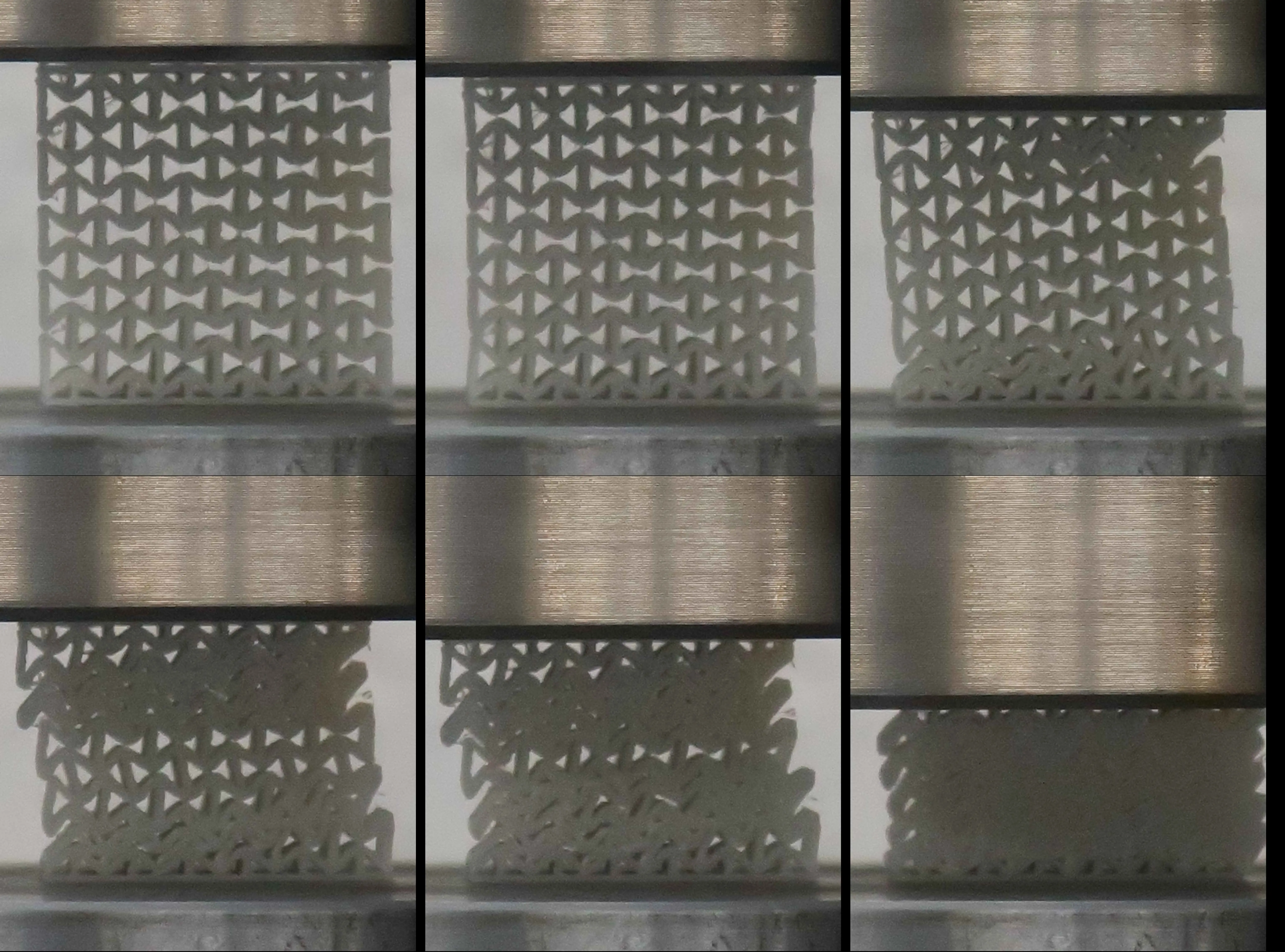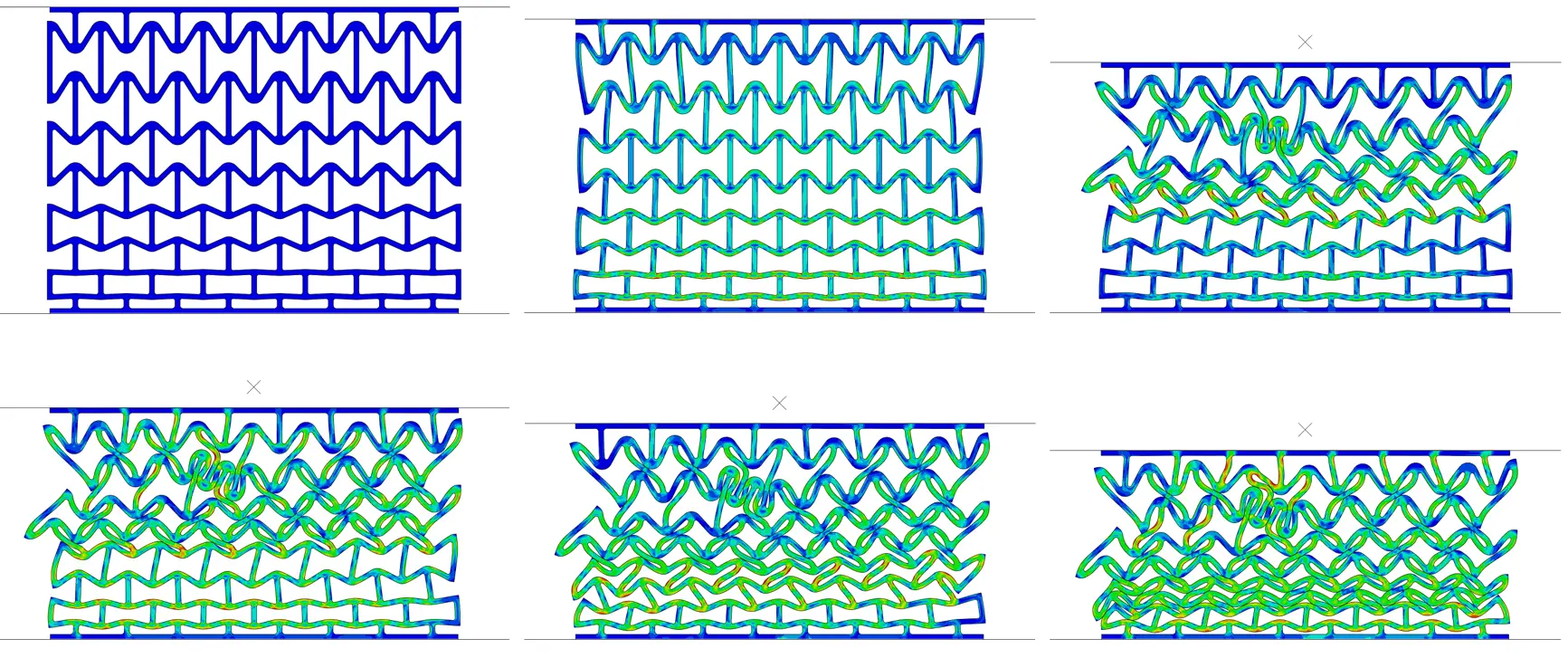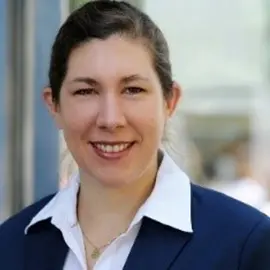Master's degree at the Institute of Mechanical Systems (IMES)
The Institute of Mechanical Systems offers master's degree programs in the profiles Mechanical Engineering, Medical Technology and Civil Engineering. Critical mechanical systems are designed, developed, analyzed and improved with industry partners.
Mechanical Engineering
In the profile Mechanical Engineering, students work on applied research and development projects in the institute's key competence areas Applied Mechanics and Lightweight Design, usually in cooperation with industry partners. In addition to product design work, typical research projects include state-of-the-art computational methods and methods for experimental validation including prototype design.
Medical Engineering
The profile includes topics from the fields of health sciences and medical technology such as biomedical technology, digital health and medical diagnostics and devices. The Medical Technology profile focuses on the development, optimization and application of solutions for clinics and industry.
Civil Engineering
The Civil Engineering profile is offered in collaboration with the civil engineers. The students deal with practical research and development projects of the Institute for Constructive Design (IKE) in cooperation with industrial partners.
Modules
The central modules (context modules CM, advanced theoretical foundations FTP and technical-scientific specialist modules TSM) can be found in the module browser.
Project-specific expertise is imparted at the institute as part of the supplementary modules (EVA).
Information events and application
Information events
Study Application
Registrations for the autumn semester (starting in September) are possible from the beginning of February until the end of April. For the spring semester of the next year (starting in February) from the beginning of August until the end of October.
Master's theses
Flexible structures from the 3D printer
3D printing is already widespread in the USA and is becoming increasingly important in Europe. Therefore the topic was ideal for Florian Bärtsch as part of his double degree master's degree at Washington State University. He developed an energy-absorbing structure from 3D printers.
More information on the master thesis: Flexible structures from the 3D-printer
Extension of a shoulder simulator
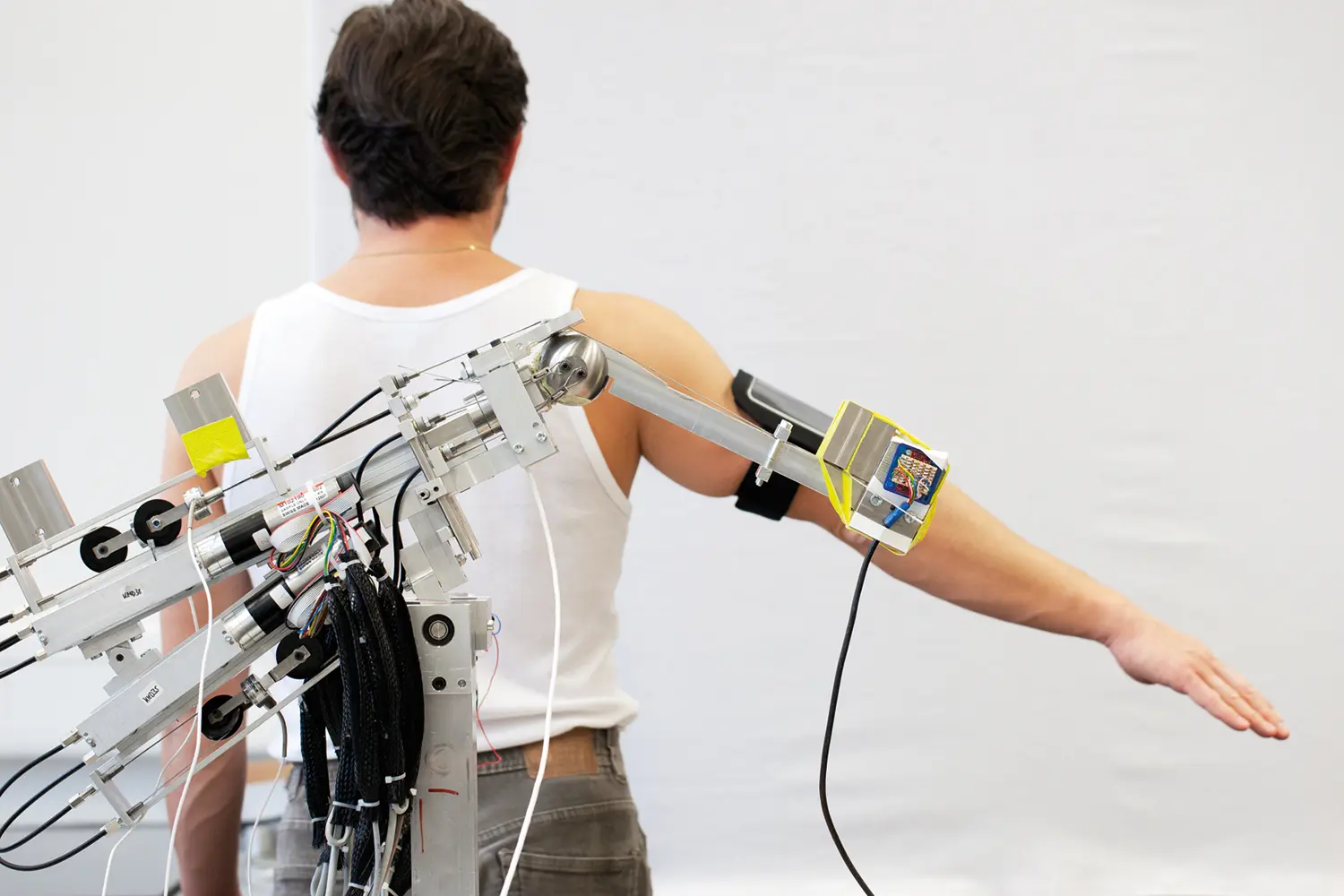
A total of 27 muscles are required to support or move one of the most important parts of the body: the human shoulder is a complex structure and is therefore particularly susceptible to injuries. At IMES, an existing shoulder simulator was expanded as part of this master's thesis. Thanks to this development, the musculoskeletal system of the shoulder can now be better simulated and investigated.
More information on the master thesis: Extension of a shoulder simulator
A solar vehicle for extreme conditions

As light as possible but still stable and durable - these are the requirements that a solar racing vehicle has to meet. The vehicle was developed by lightweight mechanics as part of this master's thesis and can meet the requirements. It drives efficiently, stable and safely even under demanding racing conditions.
More information on the master thesis: A solar vehicle for extreme conditions
More Information
Hochschulübergreifende Masterseite
Profil- und Modulbrowser für den MSE an allen Fachhochschulen.
Information for MSE students
Information for students of the Master of Science in Engineering at the ZHAW School of Engineering.
Overview MSE
Hochschulübergreifende Masterseite
Information for MSE students
Overview of the MSE program. Study model and admission
Profil- und Modulbrowser für den MSE an allen Fachhochschulen.
Information for students of the Master of Science in Engineering at the ZHAW School of Engineering.
